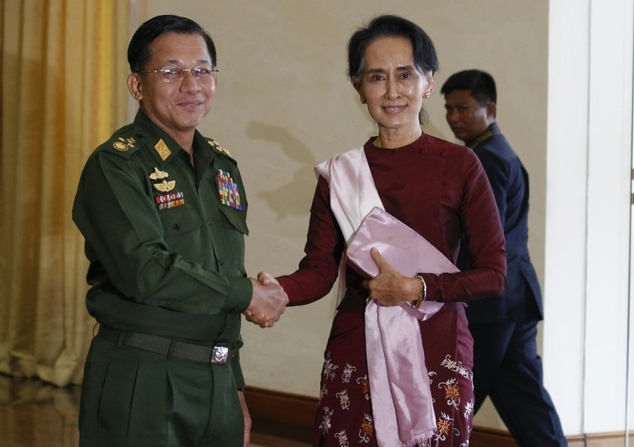
Senior General Min Aung Hlaing (L), Myanmar Commander In-Chief, shakes hands with Aung San Su Kyi.
Yangon, Myanmar, 18 Jumadil Akhir 1438/17 March 2017 (MINA) – A commission tasked with resolving tensions in Myanmar’s troubled Rakhine State has recommended urgent training for security forces to enhance respect of human rights.
Also Read: Gunmen Kill 26 Tourists in Kashmir, Forcing Modi to Cut Saudi Trip Short
The commission, led by former United Nations secretary-general Kofi Annan, submitted a report of its interim recommendations to Myanmar’s government Thursday, Anadolu Agency reported.
The report’s release comes after a months-long military operation in Rakhine’s north during which rights groups documented evidence of widespread abuses by security forces against Rohingya Muslims.
Addressed to State Counselor Aung San Suu Kyi, the report by the Advisory Commission on Rakhine made several recommendations that the government can take to immediately improve the situation.
“This interim report addresses the issues where urgent action is required,” Ghassan Salame, a Commission member and former Lebanese Minister of Culture, said at a press conference Thursday in Myanmar’s biggest city Yangon.
Also Read: National History Conference in New Delhi Highlights Muslim Contributions to Indian Civilization
After wider consultations, the Commission will submit its final report through the state counselor by the end of August, he said.
The report includes 12 recommendations including urgent training for security forces for better respect of human rights, closure of all camps for internally displaced persons and allowing Muslim representation in local administrations.
“As an urgent measure, the government should ensure the comprehensive training for security forces in Rakhine covering the human rights and respect for religious and culture diversity,” Salame underlined.
“International donors should support Myanmar with technical and financial assistance,” he added.
Also Read: Sweden Commits $12.7 Million in Humanitarian Aid for Rohingya Refugees in Bangladesh
Documented widespreas abuses
Security forces had placed Rakhine’s Maungdaw area — predominately inhabited by Rohingya Muslims — on lockdown for nearly five months following fatal attacks on police stations by armed men Oct. 9.
During the military operations, the UN and rights groups documented evidence of widespread abuses such as killings — including of children and babies — gang rape, brutal beatings, the burning of villages and disappearances.
Also Read: India Assures Court on Waqf Law Changes Amid Widespread Protests
The government has said at least 106 people have been killed since the attacks on police outposts near the border with Bangladesh.
However, Rohingya advocacy groups claim around 400 Rohingya — described by the UN as among the most persecuted groups worldwide — were killed, women raped and Rohingya villages torched.
The region has seen a series of communal violence between ethnic Rakhine Buddhists and Rohingya Muslims — described by the UN as among the most persecuted minority groups worldwide — since mid-2012 that has left nearly 100 dead and some 100,000 people displaced in camps.
Rohingya in impoverished Rakhine have been effectively denied citizenship by a nationality law enacted in 1982 by Ne Win, a military strongman who staged a coup and whose 1962-1988 leadership saw the adoption of xenophobic policies.
Also Read: Japanese Muslims Hold Peaceful Demonstration Outside Israeli Embassy, Urge Netanyahu’s Arrest
The official term for the unrecognized Rohingya had previously been “Bengali”, which suggests they are not from Myanmar but interlopers from neighboring Bangladesh. (T/RS5/RS1)
Mi’raj Islamic News Agency (MINA)
Also Read: Maldives Bans Israeli Passport Holders in Protest Against Gaza Assault






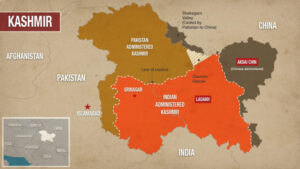
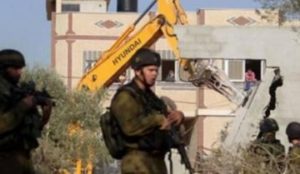

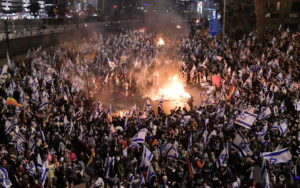
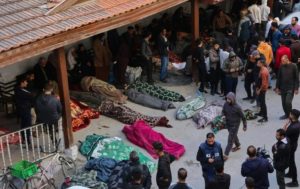
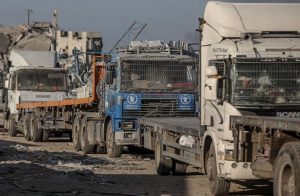
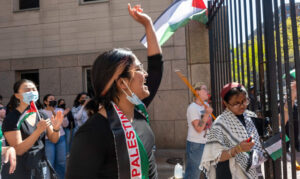
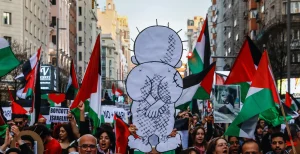
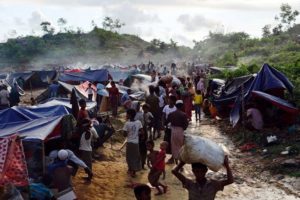
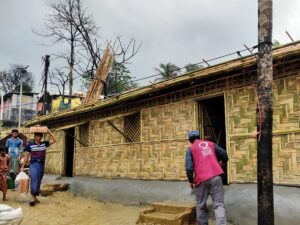
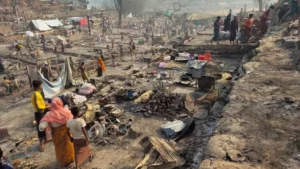
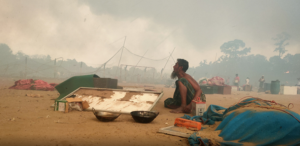
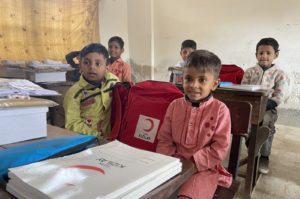



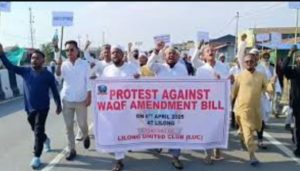
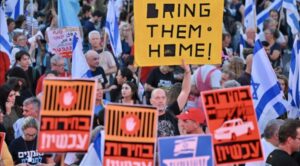
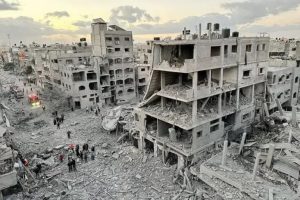
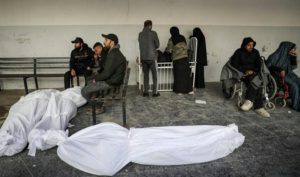

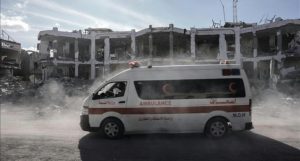
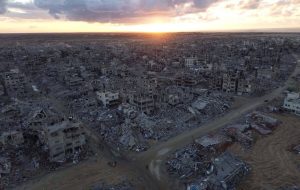



 Mina Indonesia
Mina Indonesia Mina Arabic
Mina Arabic